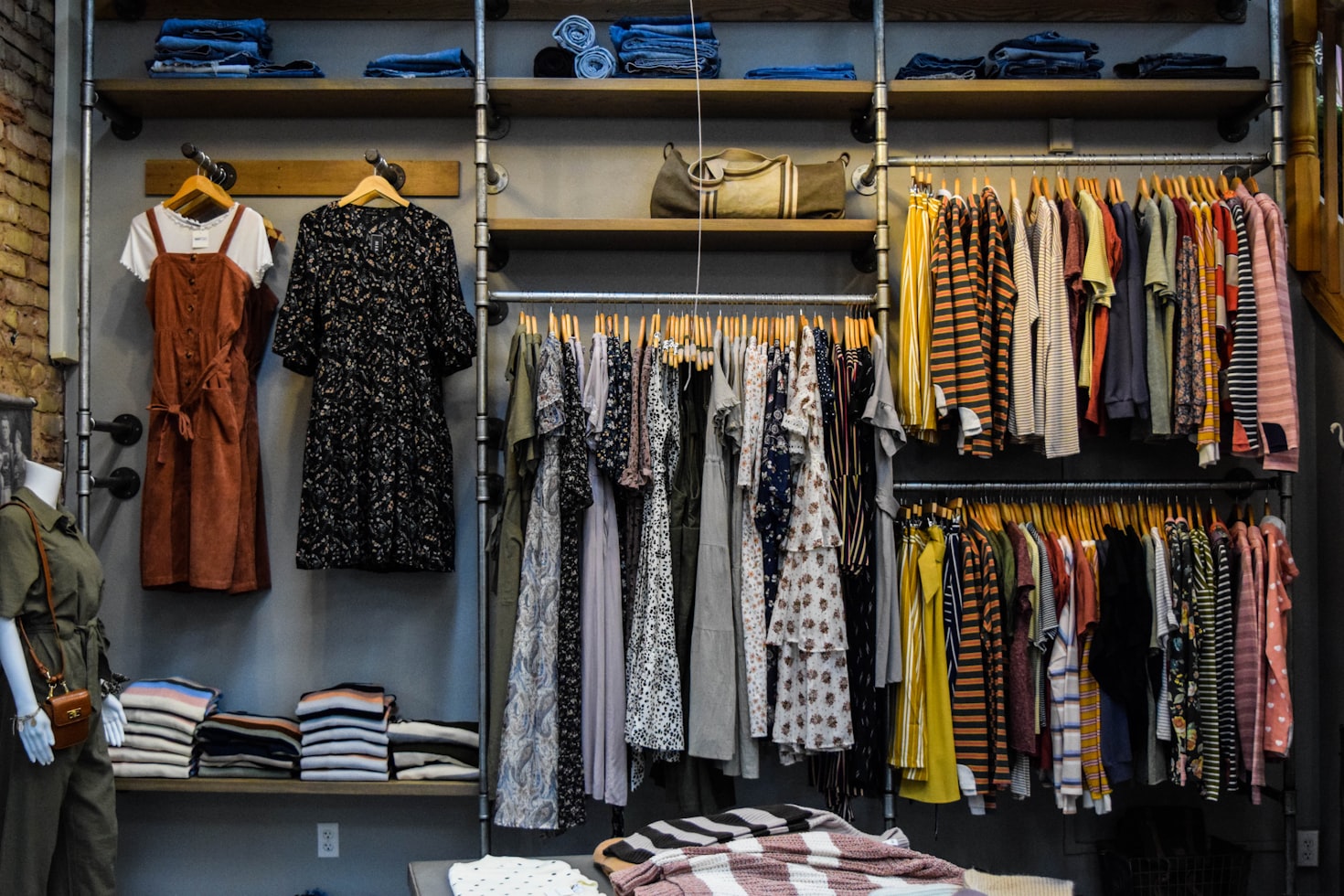The Impact Of Social Media On The Fashion Industry And Fashion Trends

The fashion industry has undergone significant changes in recent years, with the advent and widespread use of social media playing a major role in these changes. Social media platforms such as Instagram, Pinterest, and Facebook have allowed for the democratization of fashion, making it possible for anyone to share their personal style and become a fashion influencer.
This has led to the rise of micro-influencers, who have a smaller but highly engaged audience, and has changed the way fashion is marketed and consumed. In this article, we will explore the impact of social media on the fashion industry and discuss how it has changed fashion trends and the way fashion is marketed and sold.
Social Media and the Rise of Micro-Influencers
One of the most significant ways in which social media has impacted the fashion industry is through the rise of micro-influencers. Micro-influencers are individuals who have a smaller, but highly engaged audience on social media. According to a study by Mediakix, micro-influencers have an average of 1,000 to 100,000 followers on Instagram. They are often seen as more relatable and trustworthy than traditional celebrities and have become an important marketing tool for fashion brands.

The use of micro-influencers in fashion marketing has several benefits. First, they are often more affordable than traditional celebrities, making them accessible to a wider range of brands. Second, they are able to reach a highly targeted audience that is more likely to be interested in the products they are promoting. Third, they are seen as more relatable and trustworthy, which can lead to higher engagement and conversions.
Social Media and the Democratization of Fashion
Social media has also led to the democratization of fashion. Anyone can now share their personal style and become a fashion influencer. This has led to a more diverse range of voices and styles in the fashion industry and has allowed for the rise of niche fashion communities. For example, plus-size fashion bloggers and influencers have been able to use social media to promote body positivity and inclusivity in the fashion industry.
This democratization of fashion has also made it possible for small and independent fashion designers to reach a wider audience. Social media platforms such as Instagram and Pinterest have made it easy for designers to showcase their collections and connect with potential customers. This has led to the rise of direct-to-consumer fashion brands, which cut out the middleman and sell directly to consumers through social media and e-commerce platforms.
Social Media and the Impact on Fashion Trends
Social media has also had a significant impact on fashion trends. The fast-paced nature of social media means that trends can spread quickly and reach a global audience in a matter of hours. This has led to a faster turnover of fashion trends, with new styles and trends emerging and disappearing at a rapid pace. Social media has also led to the rise of streetwear and street style, with people looking to social media for inspiration on how to wear the latest fashion trends.
Social media has also made it possible for fashion trends to be created and driven by the public, rather than by designers and brands. For example, the #OOTD (outfit of the day) hashtag on Instagram has led to the rise of everyday people sharing their personal style and influencing fashion trends. This has led to a more diverse range of fashion trends and styles and has made fashion more inclusive and accessible.
In conclusion, social media has had a significant impact on the fashion industry. Platforms like Instagram and Pinterest have allowed for the democratization of fashion and have given rise to a new generation of fashion influencers.
Additionally, social media has allowed for increased engagement between brands and consumers, providing valuable insights for designers and marketers. Overall, social media has played a vital role in shaping the way we consume and think about fashion today.





